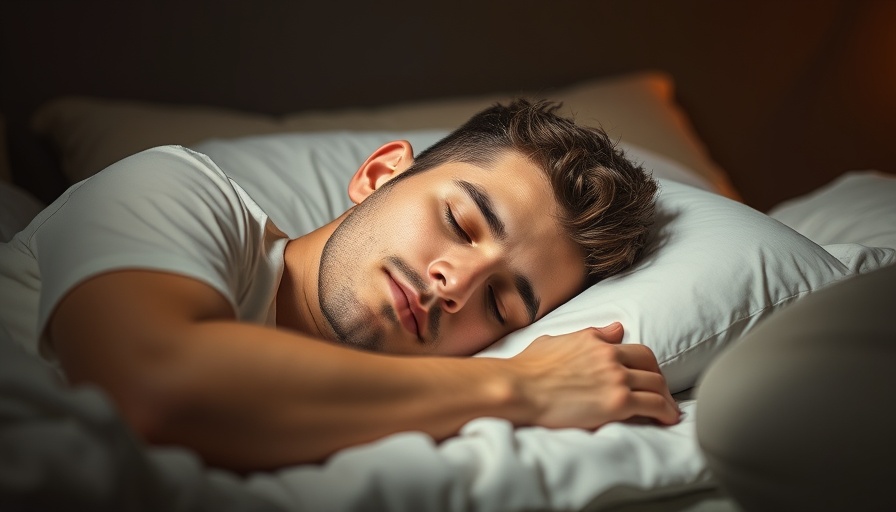
Why Screens Are Hurting Our Tweens' Sleep
Sleep is crucial for tweens, not just for their physical health but also for their mental well-being and academic performance. Many parents are concerned about the rising sleep disorders among adolescents, and a recent study from the University of Toronto highlights a noteworthy culprit: bedtime screen usage. With over 70% of tweens having an internet-connected device in their bedrooms, the impact on sleep is alarming. Notifications interrupting sleep are common, with 25% reporting disturbances in the past week and nearly a third of those who awaken at night turning to their devices to help them drift back to sleep.
Understanding the Sleep-Screen Connection
According to Dr. Jason Nagata, a pediatrician from UC San Francisco, high-quality sleep is essential for the development of young minds and bodies. He emphasizes the importance of removing screens from the bedroom, silencing notifications, and steering clear of social media while in bed. "If you wake up during the night, resist the urge to check your phone," he advises. This is a tall order for many tweens who are heavily invested in their online lives, underscoring a larger issue about our relationship with technology.
The Broader Impact of Bedtime Screen Habits
This alarming trend does not affect all demographic groups equally. The study found significant sociodemographic disparities in screen usage habits—racial, ethnic, and sexual minority teens are reported to use their devices more at bedtime than their white, heterosexual peers. Additionally, those from lower socioeconomic backgrounds face even greater challenges, revealing an intersection of digital access and sleep health. These findings resonate with concerns about how essential activities such as sleep and face-to-face interaction can be overshadowed by screen time.
Strategies for Healthier Sleep Habits
The American Academy of Pediatrics has made a call for families to create personalized media plans to encourage better sleep among children. The beauty of these plans lies in their adaptability; they can be tailored to fit individual family dynamics and schedules. This summer, as routines shift, it’s the ideal time for families to revisit their media plans. Simple strategies, such as setting clear limits on screen usage, can significantly enhance sleep quality among tweens.
Real-life Parental Strategies for Reducing Screen Time
Real-life stories from parents who have successfully implemented these strategies reveal practical insights. For instance, some families have created a ‘device-free zone’ in the bedroom by designating a specific spot in the home for device charging—often in the kitchen or family room. By developing nighttime rituals that promote calmness, such as reading or meditative practices, families have reported both improved sleep among their children and a stronger sense of connection during evening hours.
Future Predictions: How to Champion Better Sleep for Tweens
Looking ahead, it’s evident that the conversation around screen time and sleep needs to persist as technology evolves. As devices continue to permeate our lives, we must remain vigilant. Encouraging tweens to cherish their downtime, prioritize sleep, and engage in offline activities can foster holistic health. Dr. Nagata emphasizes that small changes can lead to significant improvements; setting the intention of “turning off” devices can maximize not just sleep quality, but also promote mental health and resilience.
 Add Row
Add Row  Add
Add 




Write A Comment